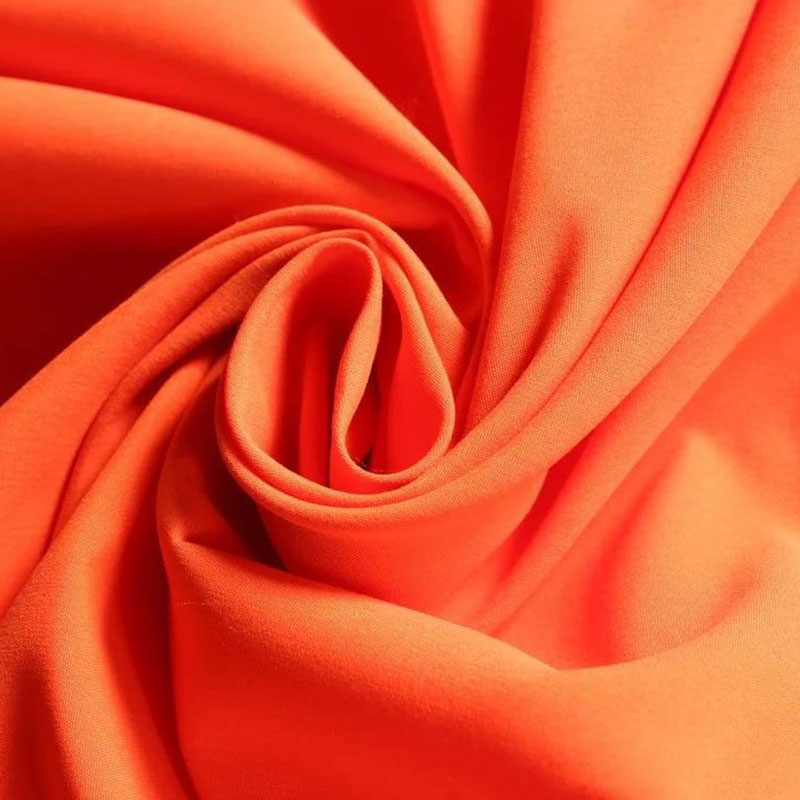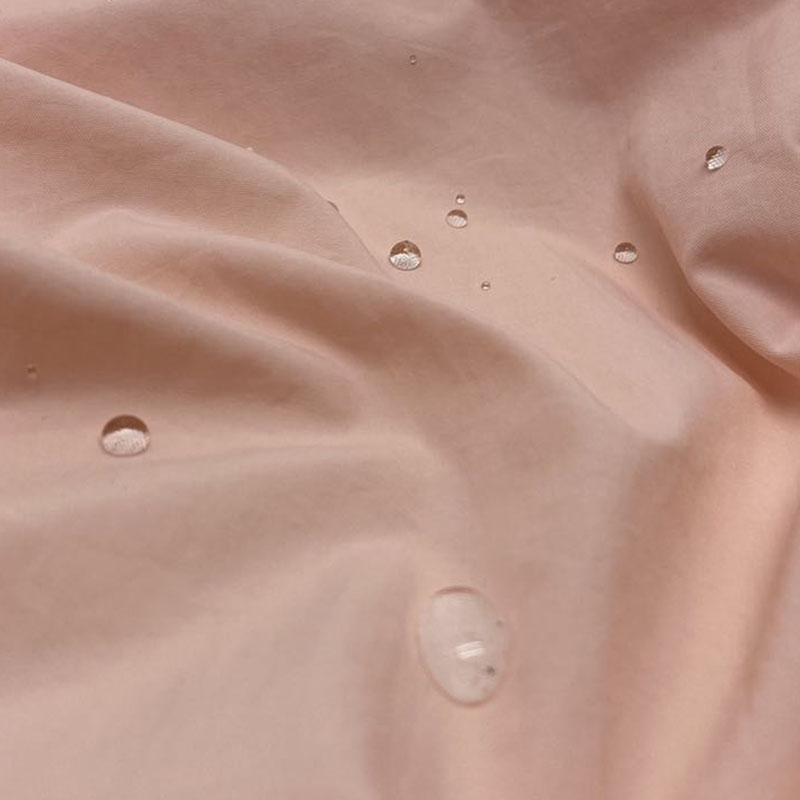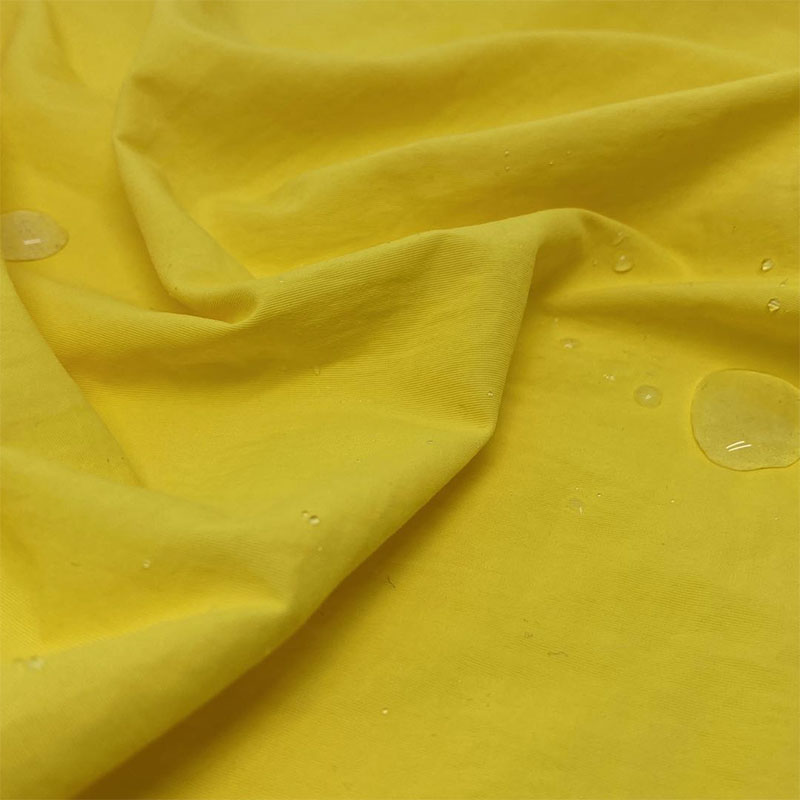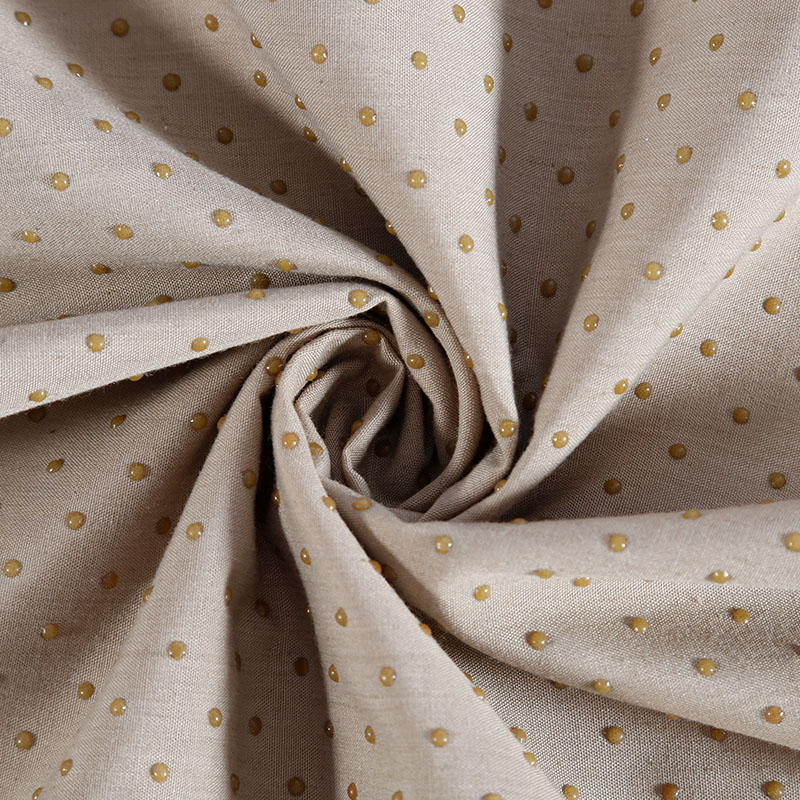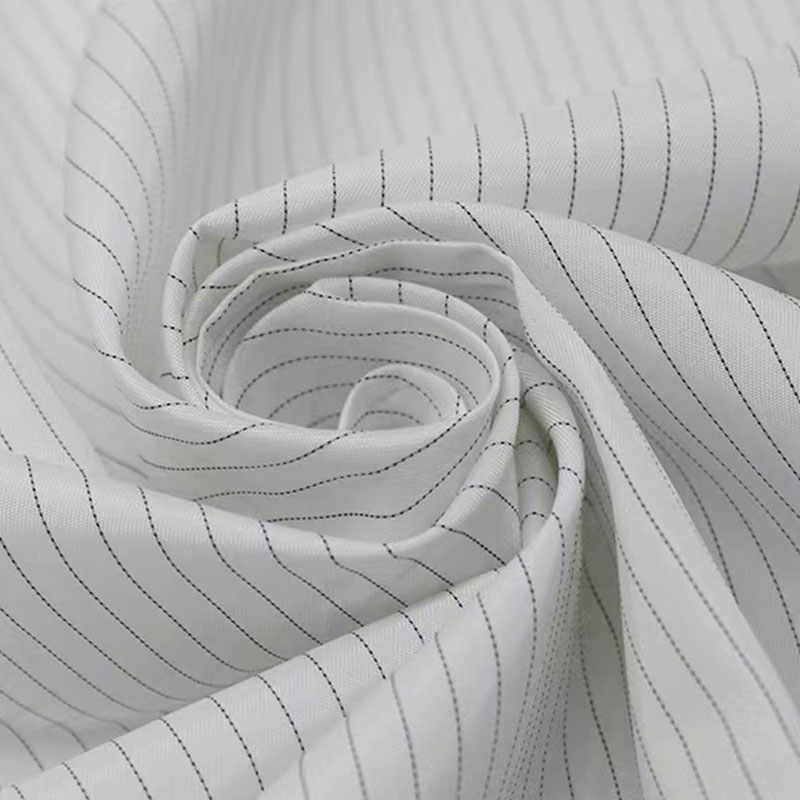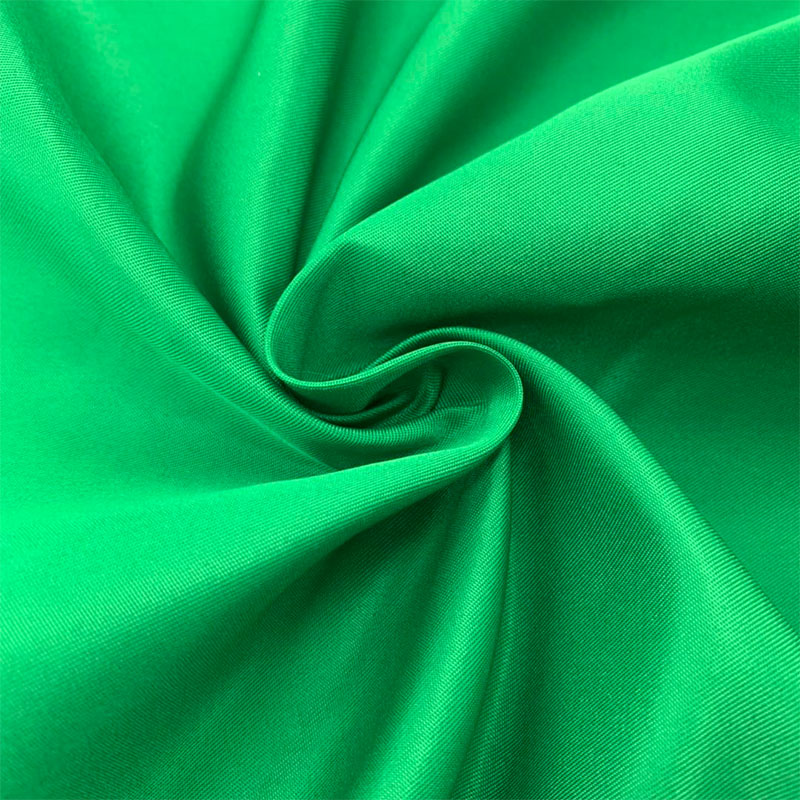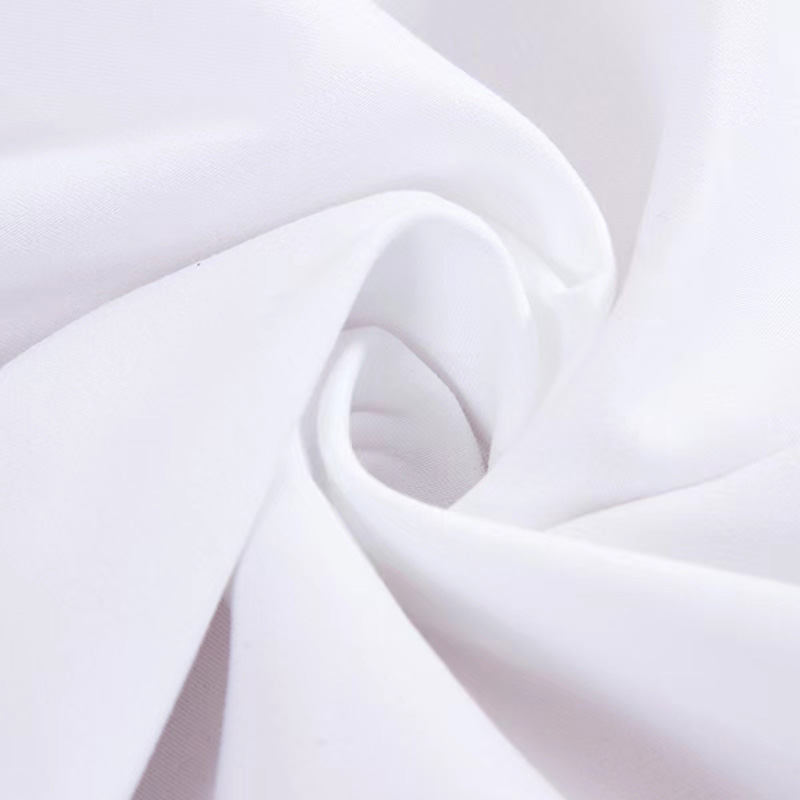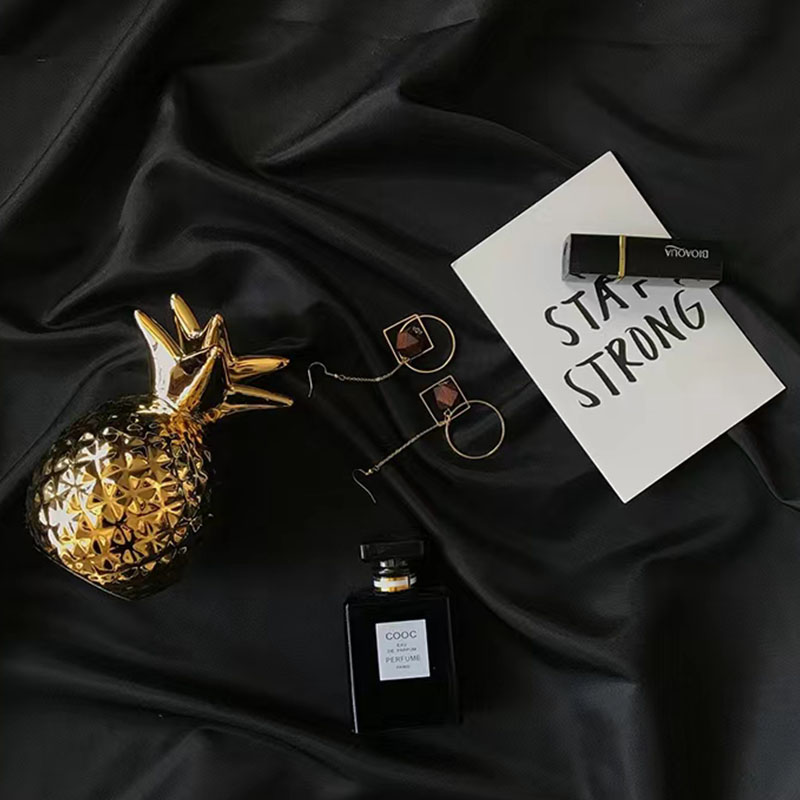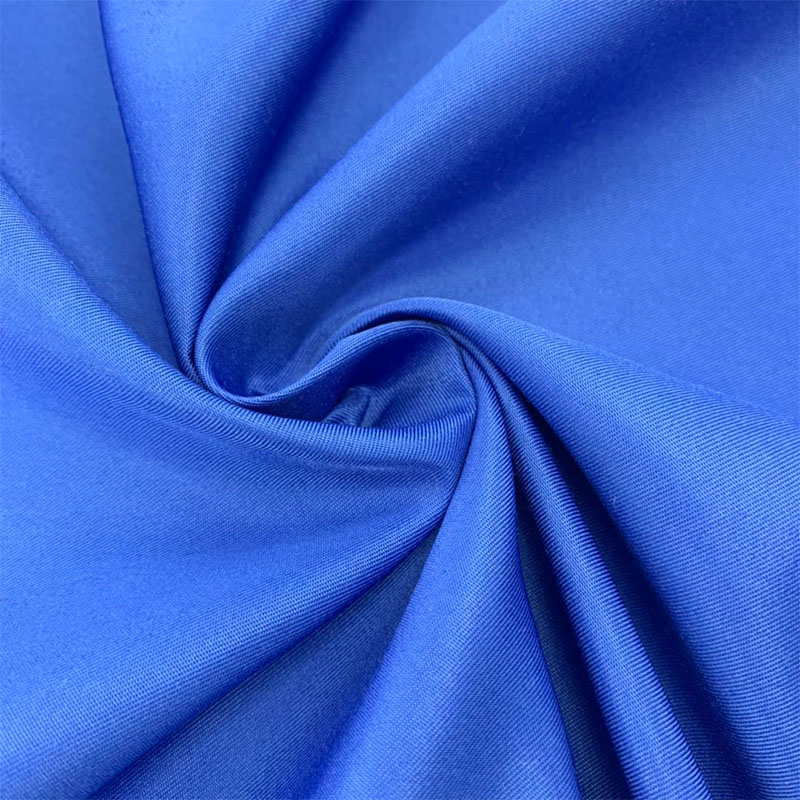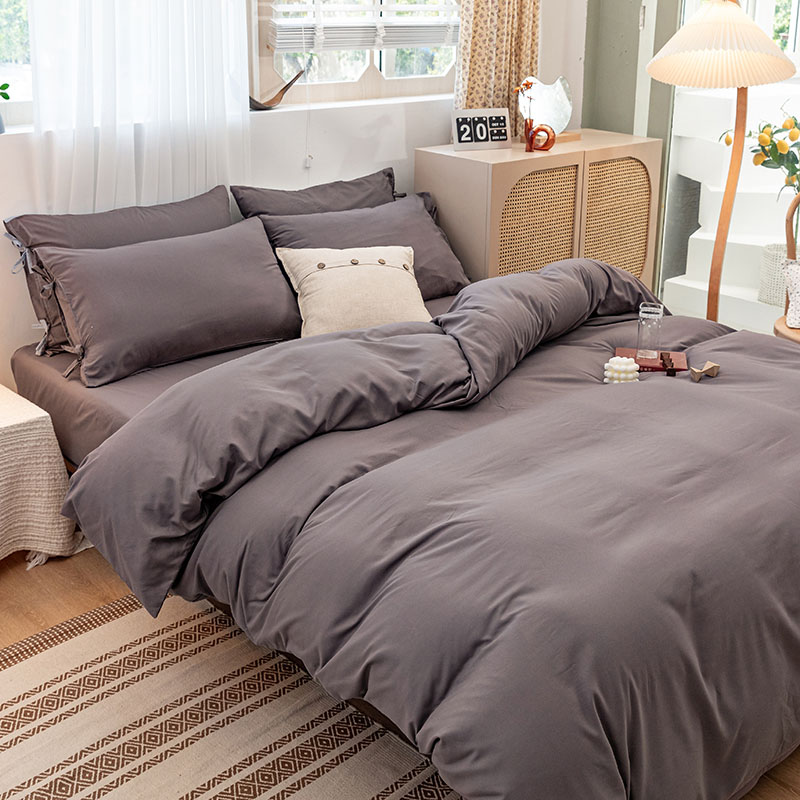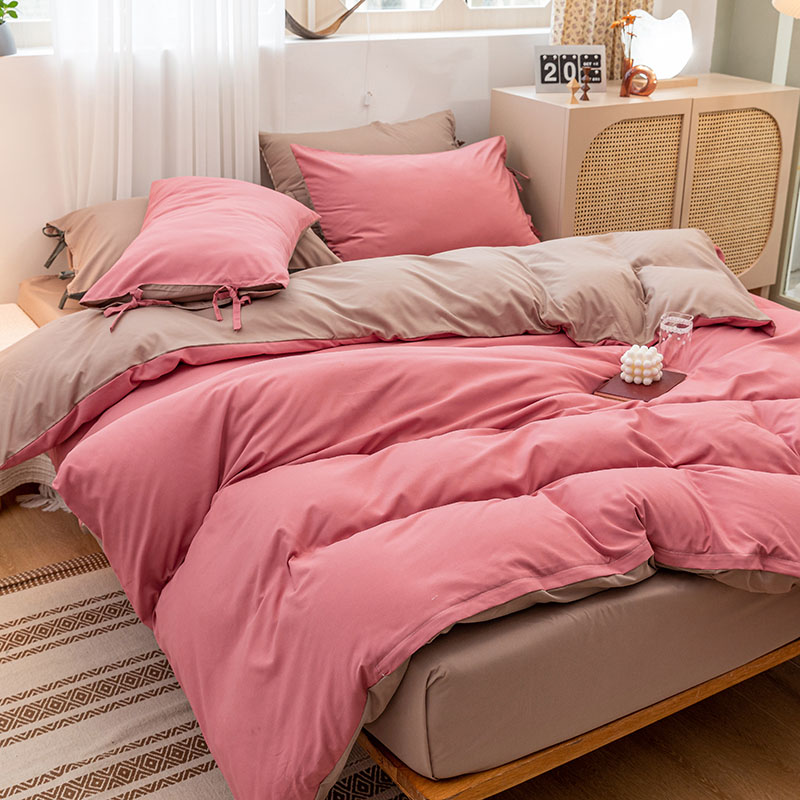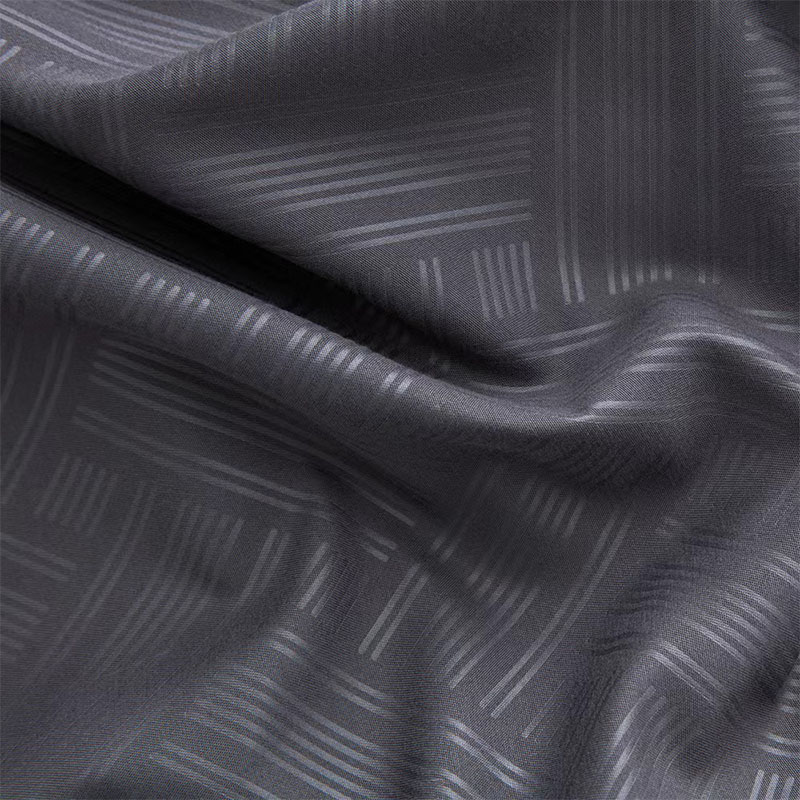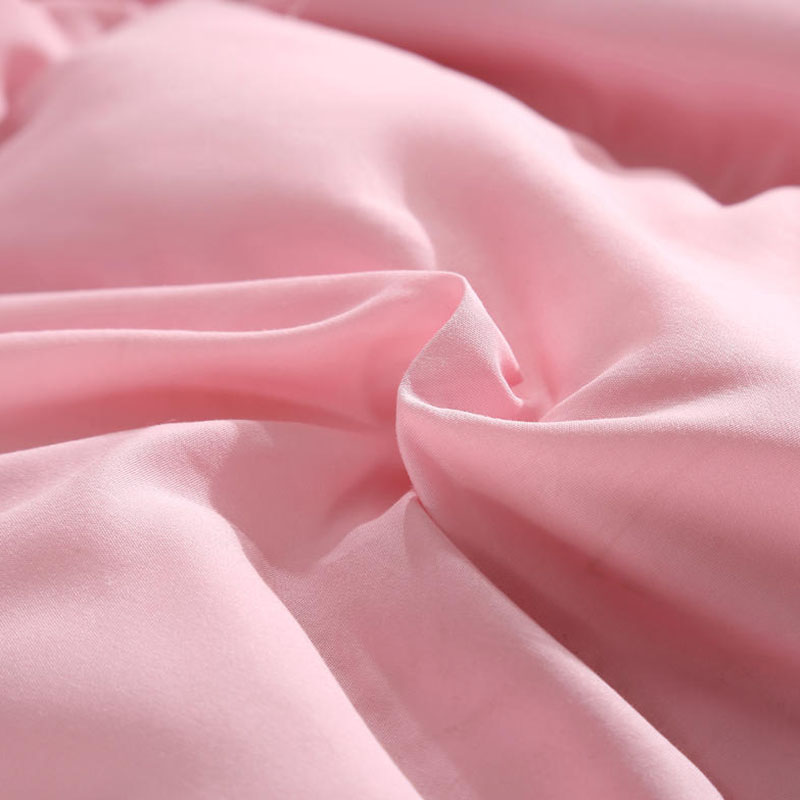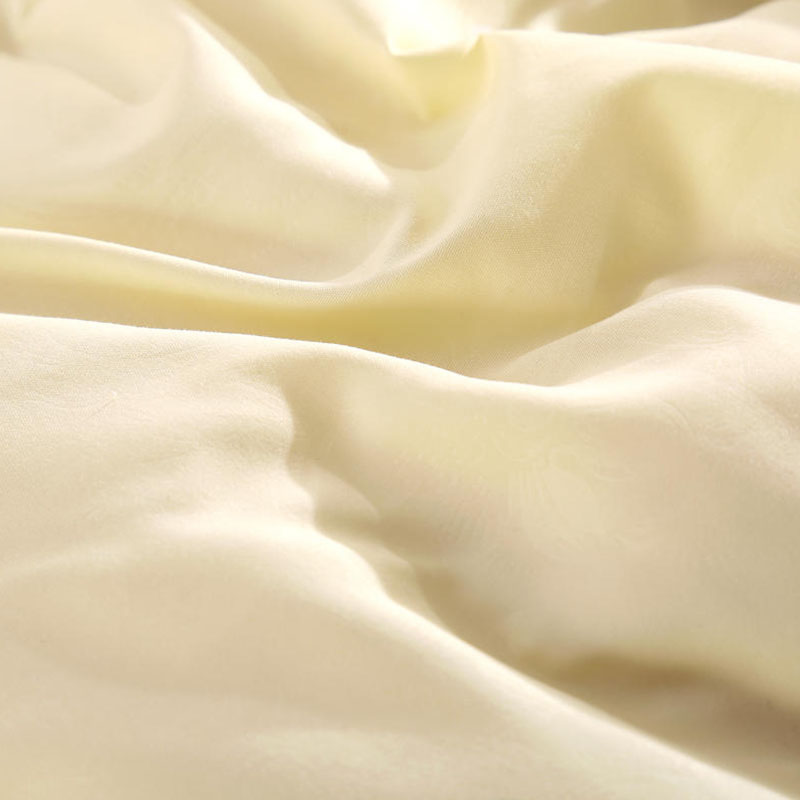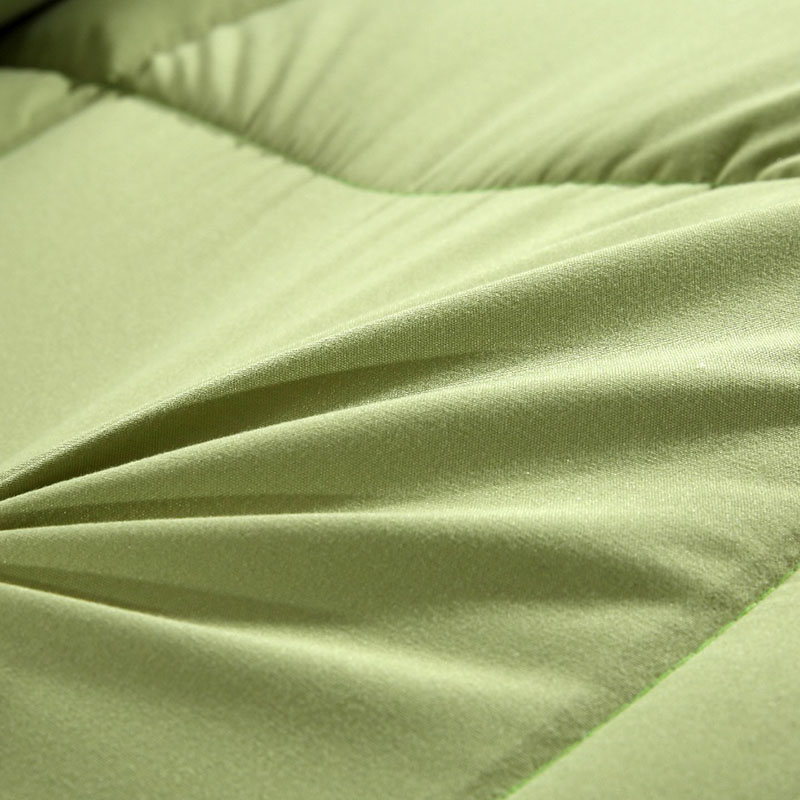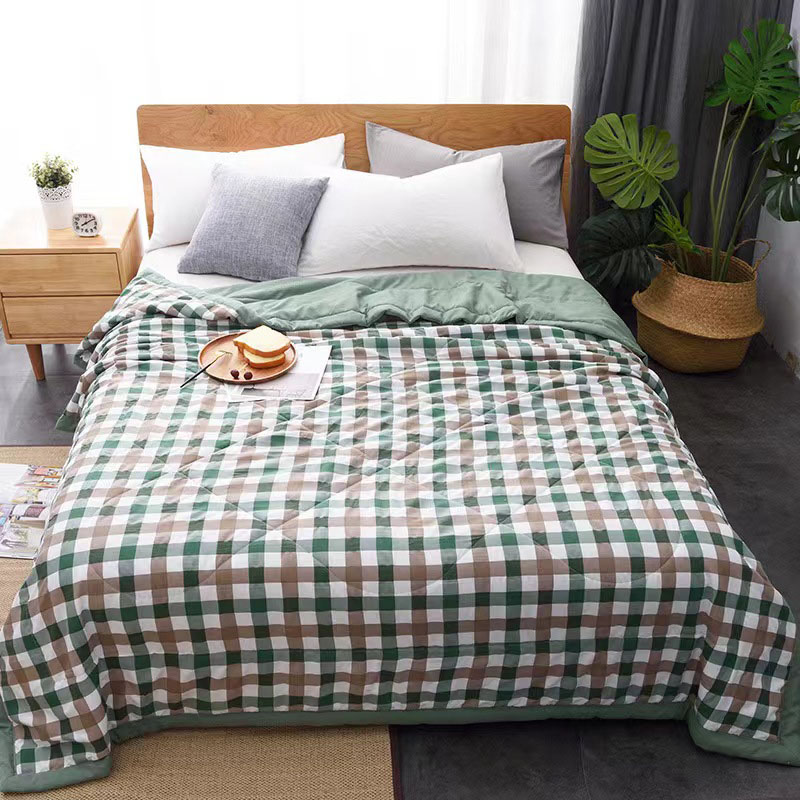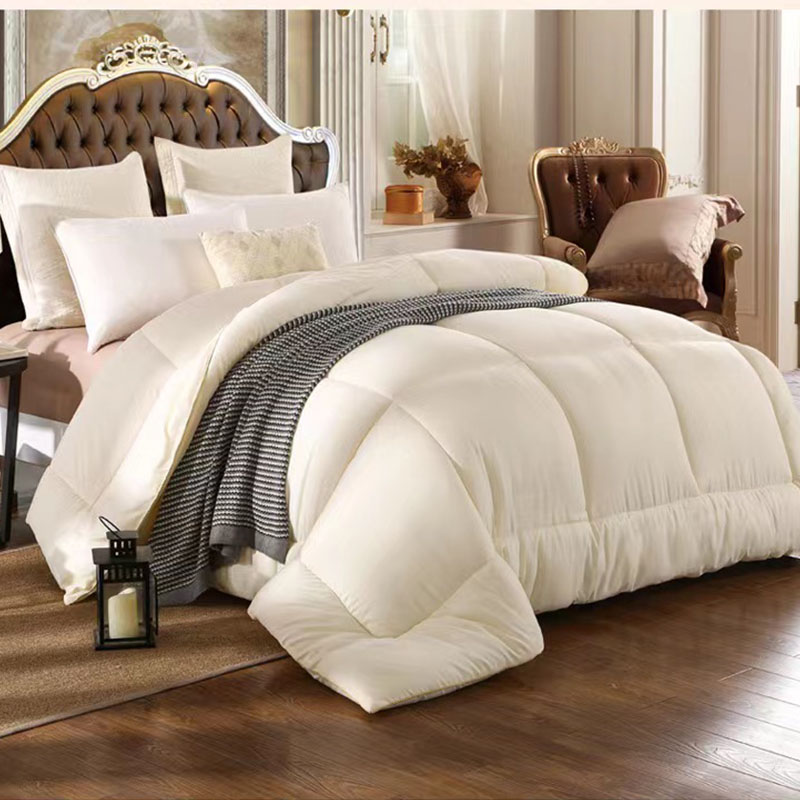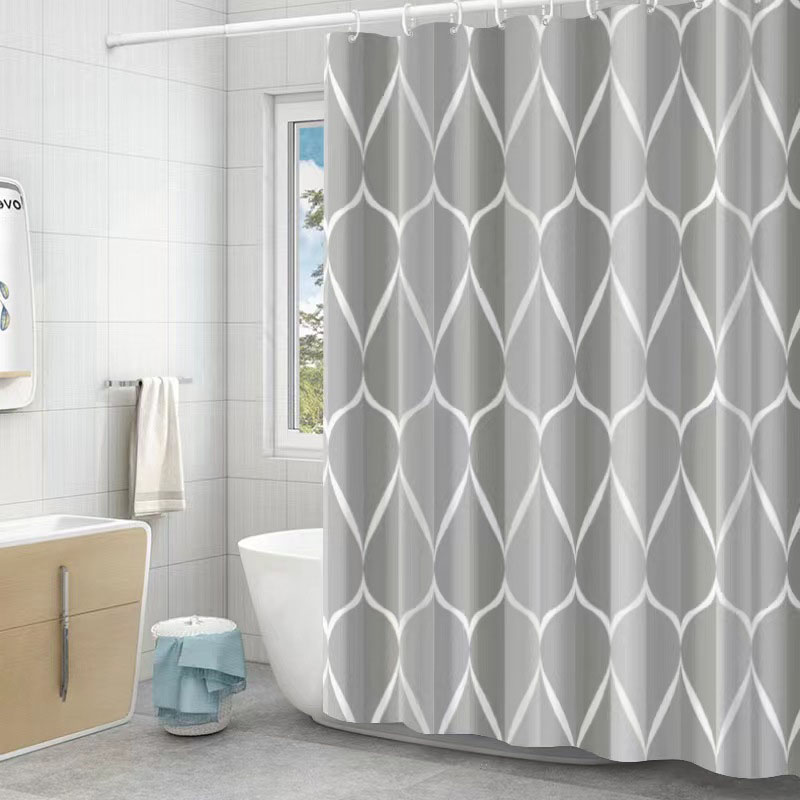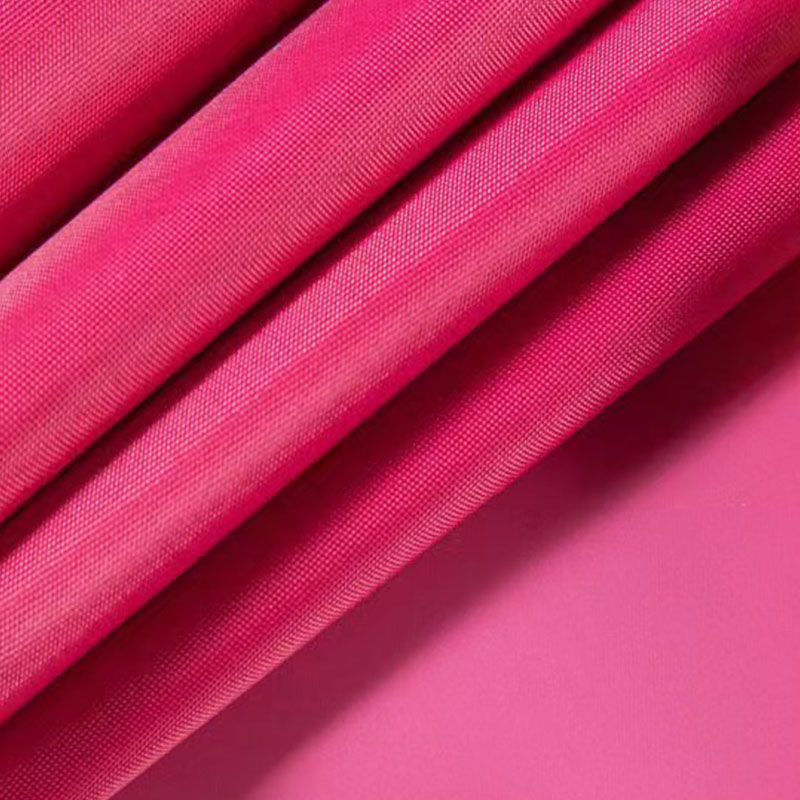Shower curtains are typically made from various types of fabric, each with its own characteristics and advantages. The classification of shower curtain fabric can be based on different factors such as material composition, water resistance, durability, and ease of maintenance. Here are some commonly used fabric types for shower curtains:
Vinyl/PVC: Vinyl or polyvinyl chloride (PVC) is a popular material for shower curtains. It is highly water-resistant and provides a good barrier against moisture. Vinyl curtains are typically easy to clean and maintain, as they can be wiped down with a cloth. They are also available in a wide range of colors and patterns.
Polyester: Polyester is another common fabric used for shower curtains. It is a synthetic material known for its durability, wrinkle resistance, and quick-drying properties. Polyester curtains are generally machine washable and can withstand regular use. They come in various styles, colors, and designs.
Nylon: Nylon is a lightweight synthetic fabric that is often used in shower curtains. It is water-resistant and dries quickly, making it suitable for humid bathroom environments. Nylon curtains are typically easy to clean and maintain. They are available in a range of colors and patterns.
Cotton: While less common than vinyl, polyester, or nylon, some shower curtains are made from cotton. Cotton curtains are generally not water-resistant on their own and may require a waterproof liner. They offer a soft and natural feel, and they can be machine washed. Cotton curtains are available in different designs and can add a touch of elegance to the bathroom.
Microfiber: Microfiber is a synthetic fabric that is becoming increasingly popular for shower curtains. It is highly absorbent, quick-drying, and resistant to mildew and mold. Microfiber curtains are often machine washable and offer a smooth and soft texture. They are available in various colors and patterns.
Besides,The chemical composition of shower curtain fabric can vary depending on the specific material used. Here are some common materials and their chemical compositions:
Vinyl/PVC: Vinyl shower curtains are typically made from polyvinyl chloride (PVC). PVC is a synthetic polymer composed of repeating units of vinyl chloride monomers (C2H3Cl). It may also contain additives such as plasticizers, stabilizers, and colorants to enhance its properties.
Polyester: Polyester shower curtains are made from polyester fibers, which are synthetic polymers. Polyester is formed from ethylene glycol and terephthalic acid, or its derivatives. The chemical name for polyester is polyethylene terephthalate (PET). Polyester fabrics may also contain other additives or coatings for water resistance and durability.
Nylon: Nylon shower curtains are composed of nylon fibers, which are also synthetic polymers. Nylon is typically made from monomers containing carbon, hydrogen, oxygen, and nitrogen. The specific chemical composition may vary depending on the type of nylon, such as nylon 6 or nylon 6,6. Additives and coatings can be applied to nylon fabrics for water resistance and other desired properties.
Cotton: Cotton shower curtains are made from natural cellulose fibers derived from the cotton plant. Cotton is composed primarily of cellulose, a polysaccharide made up of glucose units. It also contains small amounts of waxes, pectin, and other natural compounds present in the plant material.
Microfiber: Microfiber shower curtains are typically made from synthetic fibers such as polyester or nylon. The chemical composition of microfiber depends on the specific synthetic polymer used.
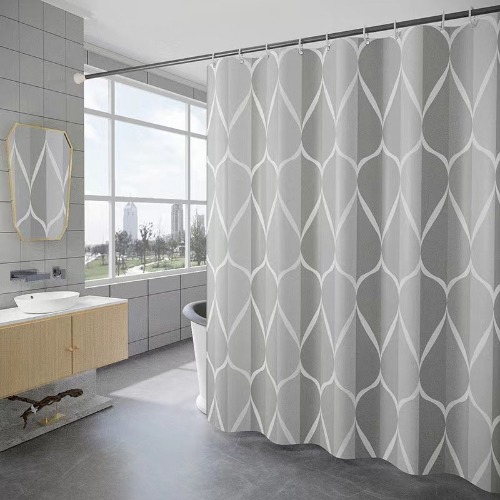


 English
English Español
Español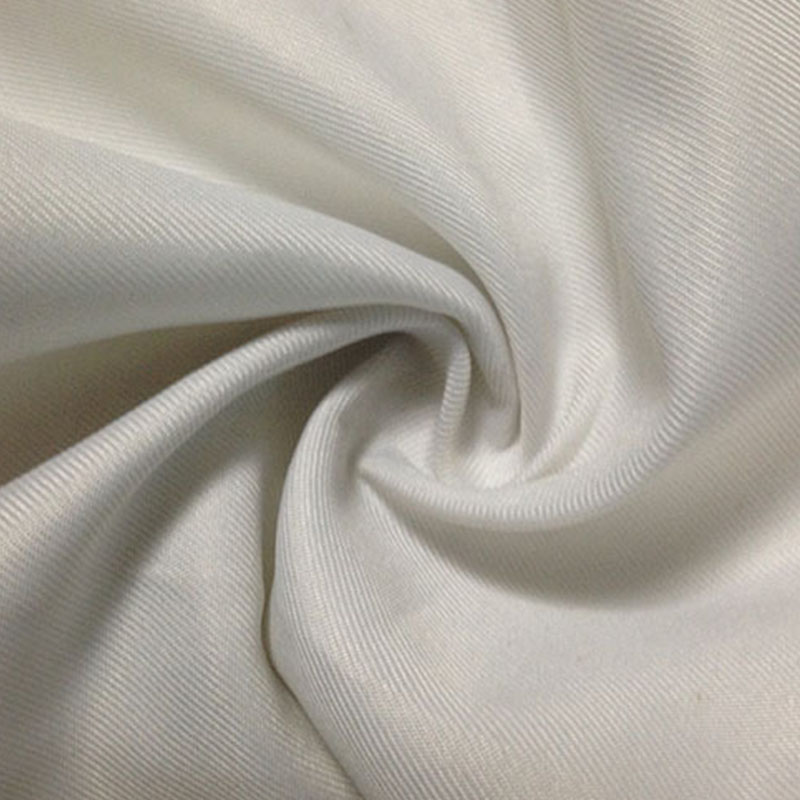
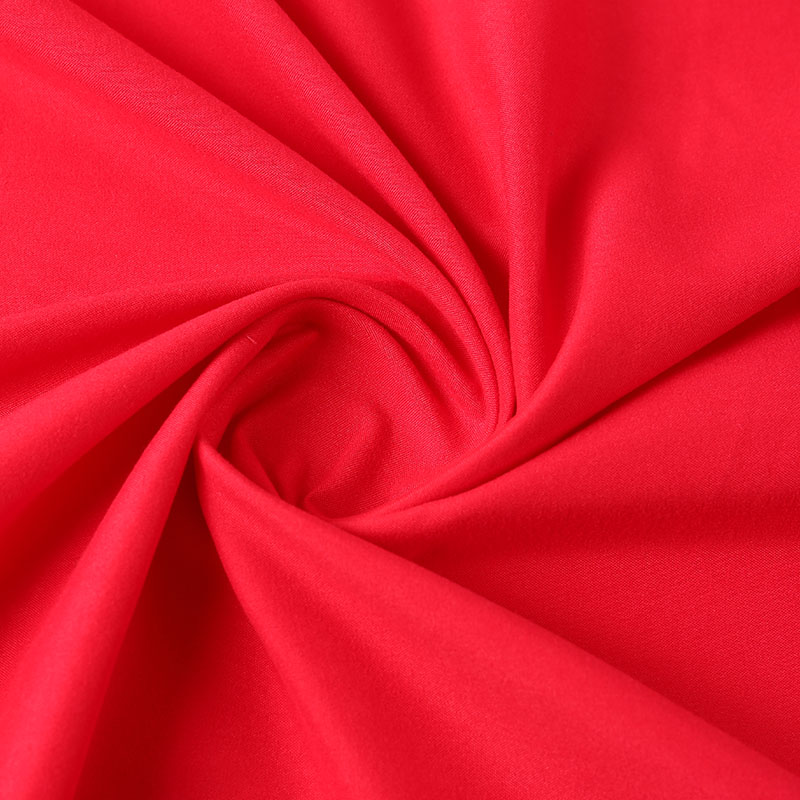



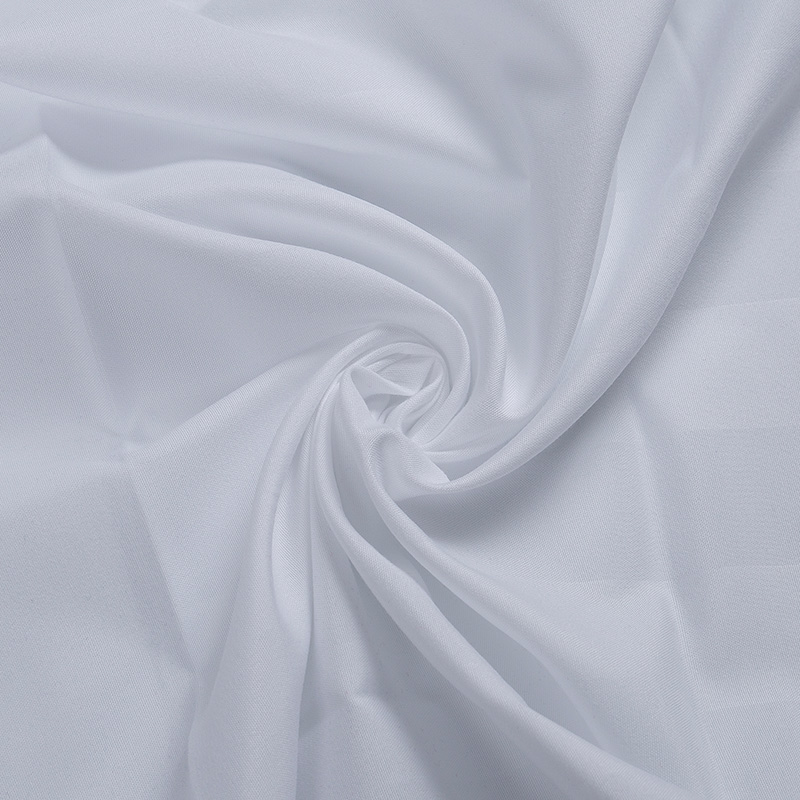
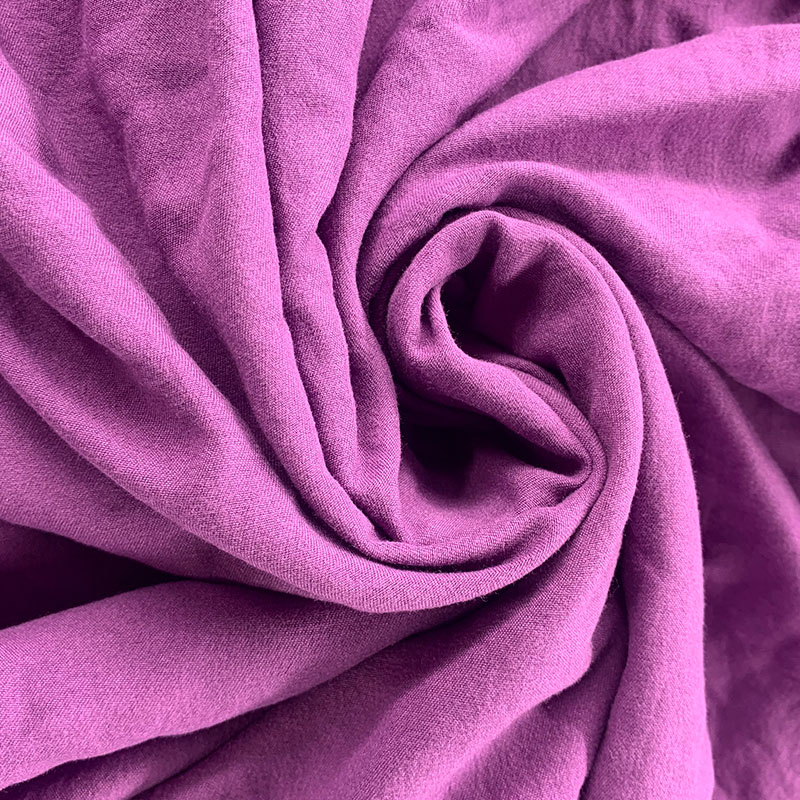
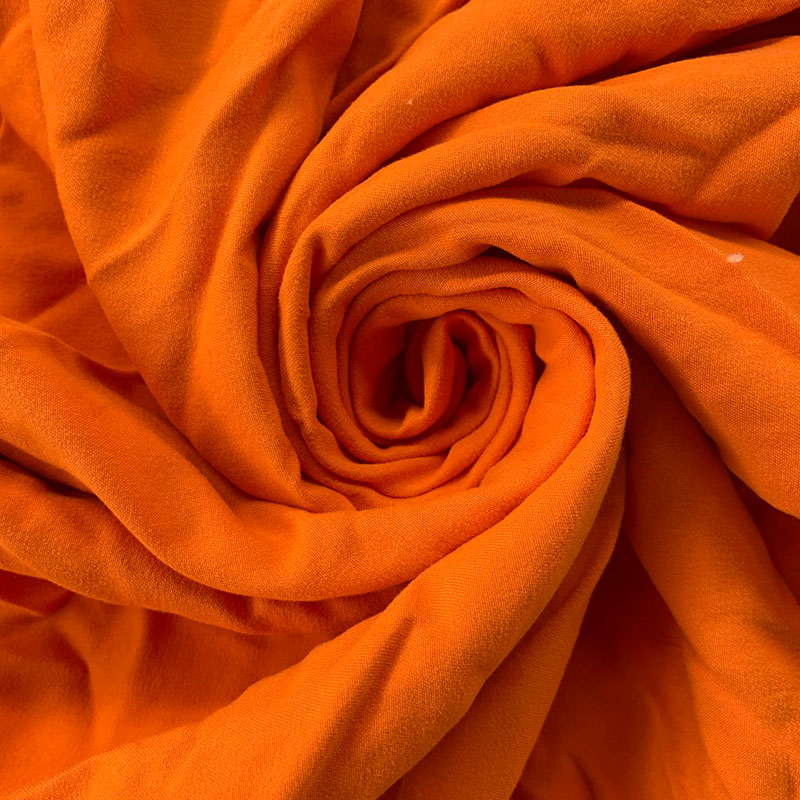










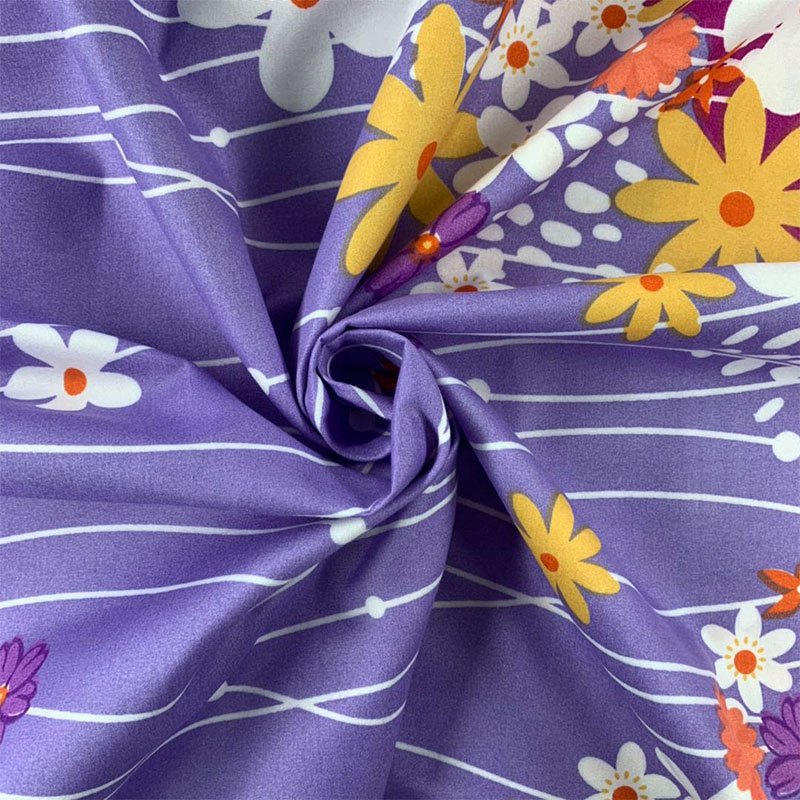
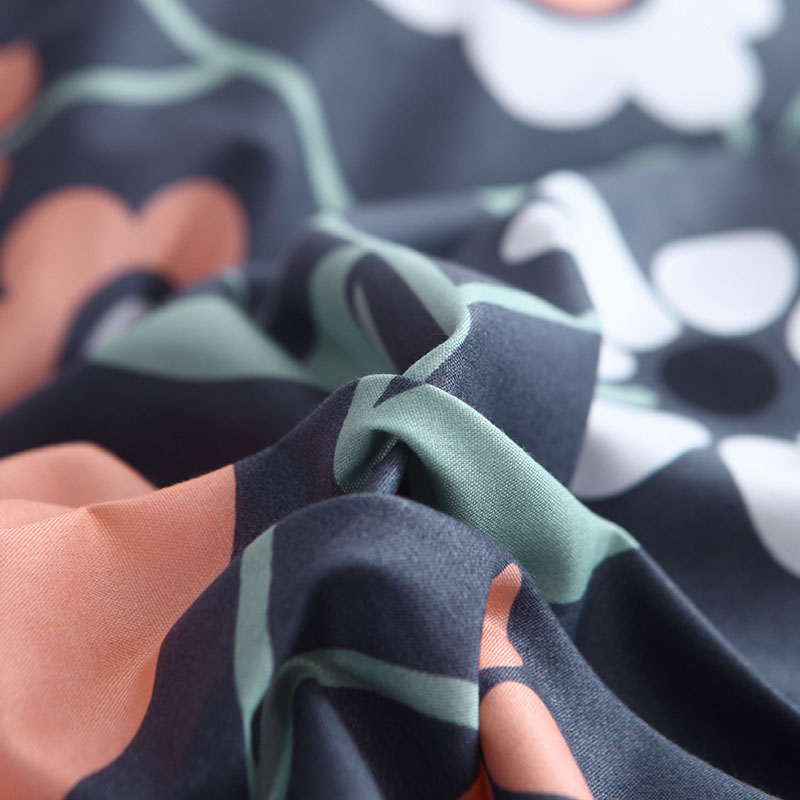

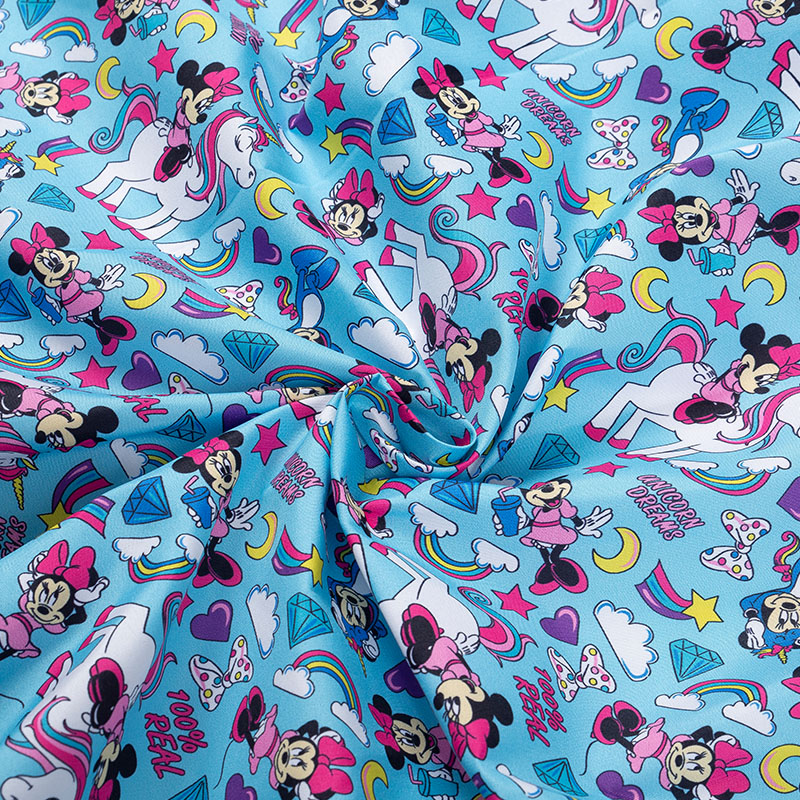

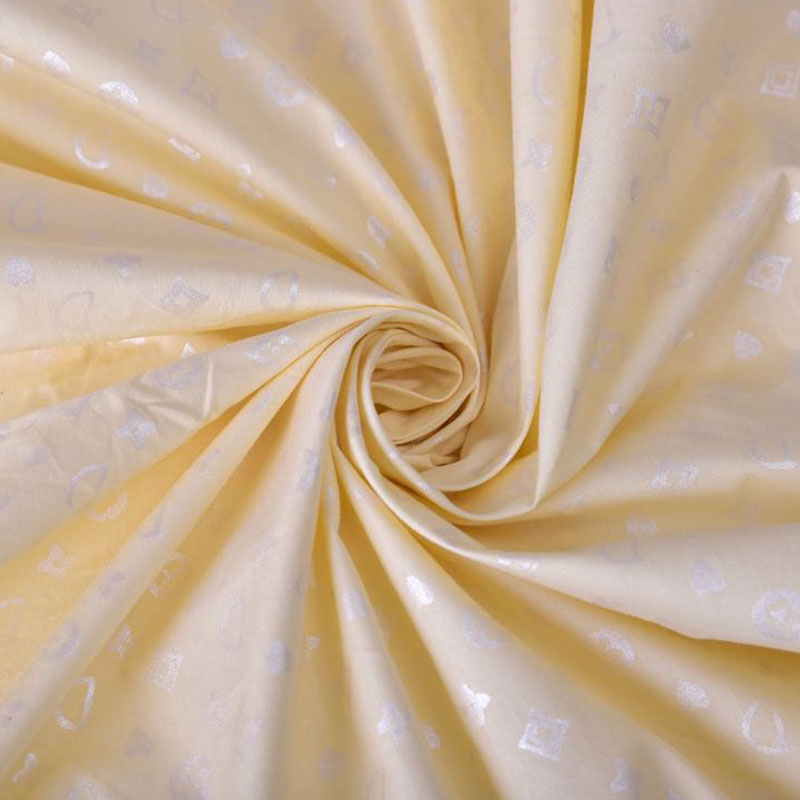
.jpg)
